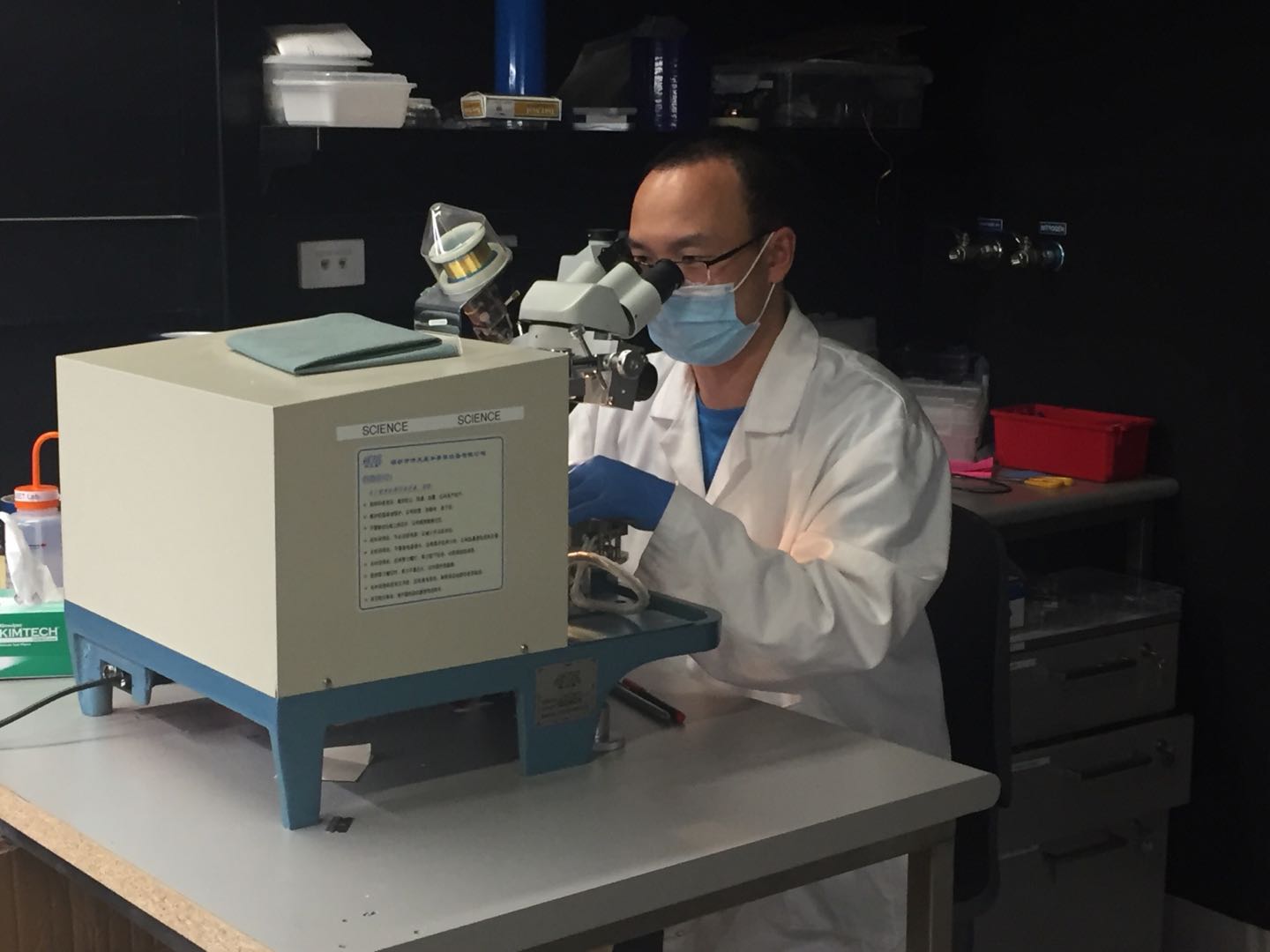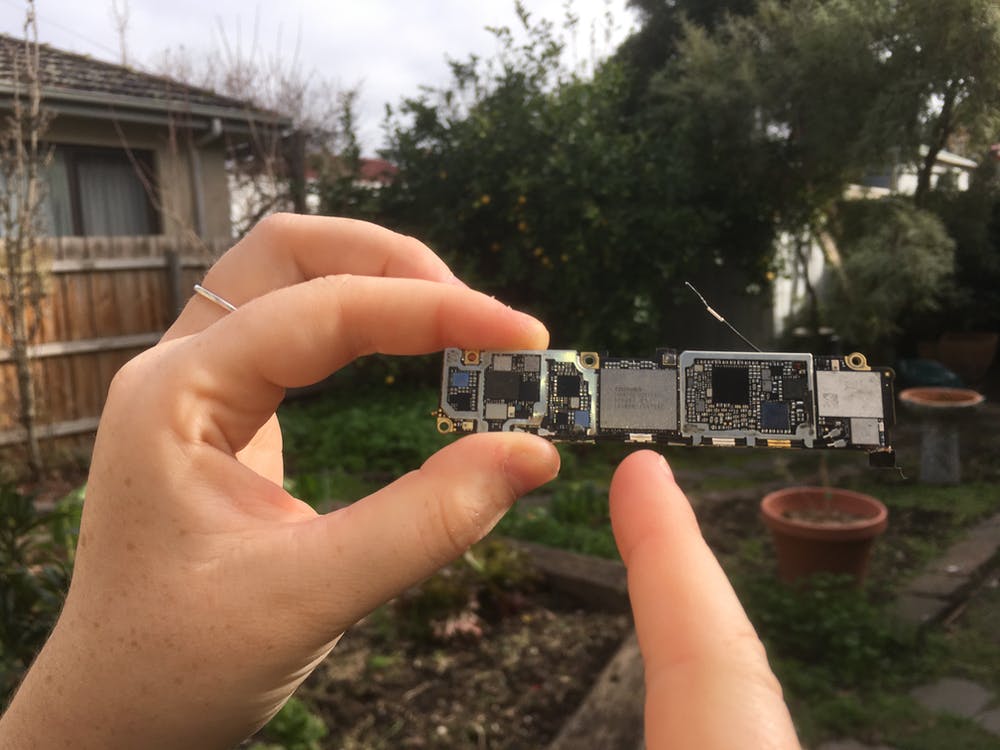FLEET’s topological materials research theme has sought to achieve electrical current flow with near-zero resistance, based on a paradigm shift in the understanding of condensed-matter physics and materials science: the advent of topological insulators.
Unlike conventional insulators, which do not conduct electricity at all, topological insulators conduct electricity, but only along their edges.
Along those topological edge paths, electrons can only move in one direction, without the ‘backscattering’ that dissipates energy in
conventional electronics.
Theme 1 researchers’ challenge has been to create topological materials that will operate as insulators in their interior and have switchable conduction paths along their edges.
Topological transistors will ‘switch’, just as a traditional (silicon-based) CMOS transistor does, with a ‘controlling’ voltage switching the edge paths between being a topological insulator (‘on’) and a conventional insulator (‘off’).
For the new technology to become a viable alternative to traditional transistors, the desired properties must be achievable at room temperature (otherwise, more energy is lost in maintaining ultra-low temperatures than is saved by the low-energy switching).
Approaches used are:
- Magnetic topological insulators and quantum
- anomalous Hall effect (QAHE)
- Topological Dirac semimetals
Case studies
Case Studies
Nothing found.
Stories
Listening to nanoscale atomic avalanches
A 2023 UNSW-led FLEET study published in Nature Communications presented an exciting new way to listen to avalanches of atoms in crystals.
Destroying conductivity in a kagome metal
An RMIT-led international collaboration published in 2023 uncovered, for the first time, a distinct disorder-driven bosonic superconductor–insulator transition.
Combining irradiation and lithography to engineer advanced conductive materials
A new process developed to engineer nanoscale arrays of conducting channels for advanced scalable electronic circuitry unveils a useful pathway towards scalable topological electronics.
Beating Boltzmann’s tyranny: Surpassing lower limit on computing energy consumption
Topological insulators can reduce transistor switching energy by a factor of four, defeating ‘Boltzmann's tyranny’, which puts a lower limit on operating voltage




